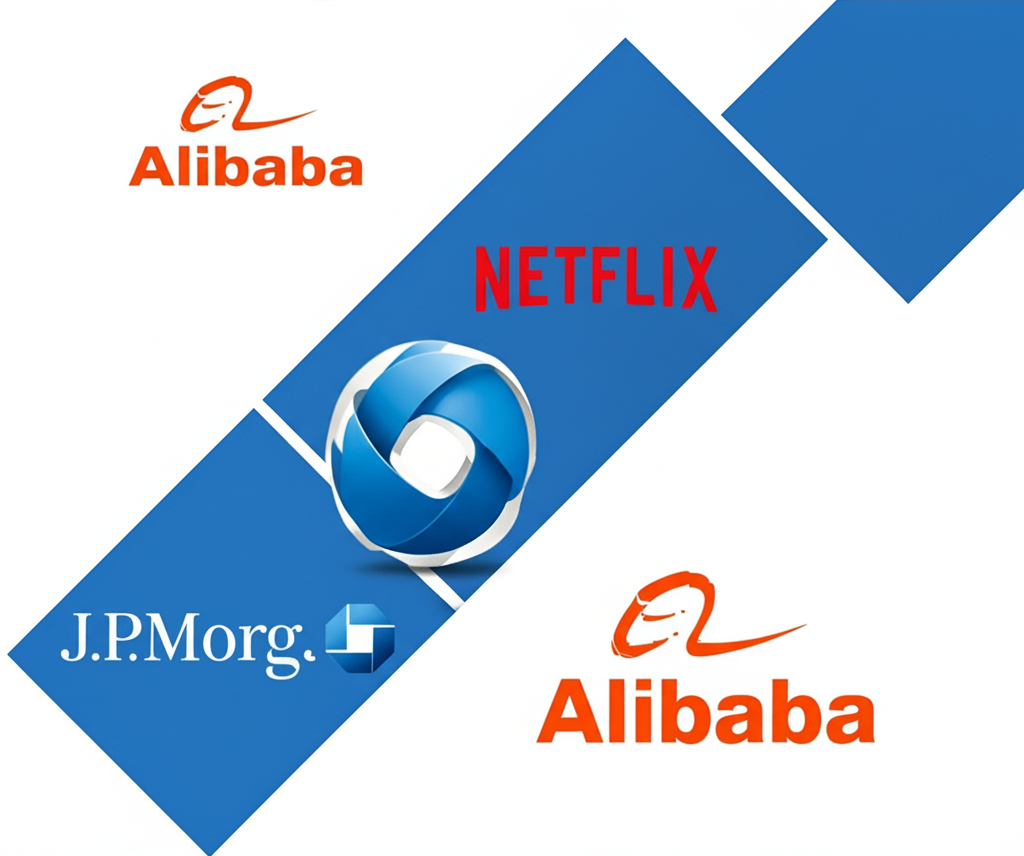AI Navigation
- articleAI Trends
- lightbulb_2AI Tips
- assistant_navigationAI Navigation
- heatHot Articles
- emergency_heat_2Hot Tips
- format_list_numberedPrompt Formatter
- psychologyTest Center(RPI)
The Age of AI Creativity: What’s Left for Humans in Advertising, E-Commerce, and Content?
With the rise of digital transformation, more and more companies are assigning parts of content creation to AI. From advertising copy to marketing emails and product descriptions, tasks traditionally handled by humans are now increasingly managed by machines. The efficiency, speed, and cost-effectiveness of AI are impressive—but they also prompt a deeper question: can AI truly replace humans in the realm of creativity?
Let’s explore three compelling examples from JP Morgan Chase, Netflix, and Alibaba. Each has integrated AI into its content strategy, forming new models of human-machine collaboration.

JP Morgan Chase: AI Accelerates Ad Creation, But Strategy Needs Humans
JP Morgan Chase experimented with AI-generated advertising copy and saw remarkable results. The content creation cycle was shortened by 40%, and click-through rates increased. The AI system quickly analyzed audience data, generated multiple headlines and ad variants, and automatically deployed A/B tests across platforms. This greatly boosted efficiency and ROI.
However, the human creative team wasn’t sidelined. Final decisions about messaging, brand tone, and compliance remained in the hands of strategy professionals. AI handled the “execution,” but determining the “why” and “how” still required human judgment.
This case highlights a key phrase: AI-generated content. AI excels at structuring data and testing options, but it’s humans who bring nuance, emotion, and differentiation to the brand narrative.
Netflix: AI Personalizes Emails, But Human Review Ensures Brand Voice
Netflix uses AI to generate personalized marketing emails based on each user's viewing history and preferences. The system produces recommendations, layouts, and subject lines optimized for open and click-through rates.
But before any email is sent, it must pass human review. The marketing team ensures that the content remains aligned with Netflix’s brand tone and values. AI can handle 80% of the repetitive work, but the final 20%—those subtle touches of human empathy—are critical to user experience.
Netflix’s approach shows how AI is an efficient first-draft generator, while humans remain the guardians of brand integrity.
Alibaba: AI Writes Product Descriptions, But Humans Drive Creativity
Alibaba’s e-commerce platforms use AI to automatically generate product titles and descriptions for millions of listings. This is especially useful during major shopping festivals like Singles’ Day, saving time and cost for merchants.
However, deeper content—like brand storytelling, creative visuals, or influencer-style campaigns—is still handled by human creators. In the competitive world of online shopping, what truly converts isn’t just a feature list, but emotional resonance and storytelling.
E-commerce content automation is one of AI’s strengths, but selling with heart still requires human insight and imagination.
AI Is Reshaping the Content Workflow
In the past, content creation looked like this:
Humans led the creative process, and AI supported data analysis.
Now, the model is shifting:
AI produces the first draft, and humans refine, judge, and align with strategy.
In the near future, we may see this:
AI helps structure the entire content workflow, while humans define core values and creativity.
As AI becomes more capable, it’s not just a tool—it becomes a co-creator in the content pipeline. It handles repetitive, scalable tasks and gives human creators more time and space to focus on meaningful, high-impact work.
Will AI Fully Replace Human Creators?
That’s the big question. The answer? AI may replace certain tasks or roles, but not the essence of human creativity.
In advertising, e-commerce, and media, AI can handle structured, objective tasks. But the heart of powerful communication—brand building, cultural insights, emotional intelligence—still belongs to humans.
Many forward-thinking companies have realized this. They’re creating new roles like AI conversation designers and content data strategists that blend technology and human empathy. The creatives of tomorrow will not only “write well” but also “understand algorithms and human behavior.”